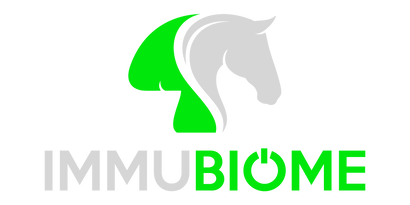100% Satisfaction Guarantee
We want you to be happy with the results you see in your horse. That's why we have a 100% Client Satisfaction Guarantee.
What They're Saying
"The whole experience was fantastic. It left a lasting impression. So kind and helpful with any question I had."

























